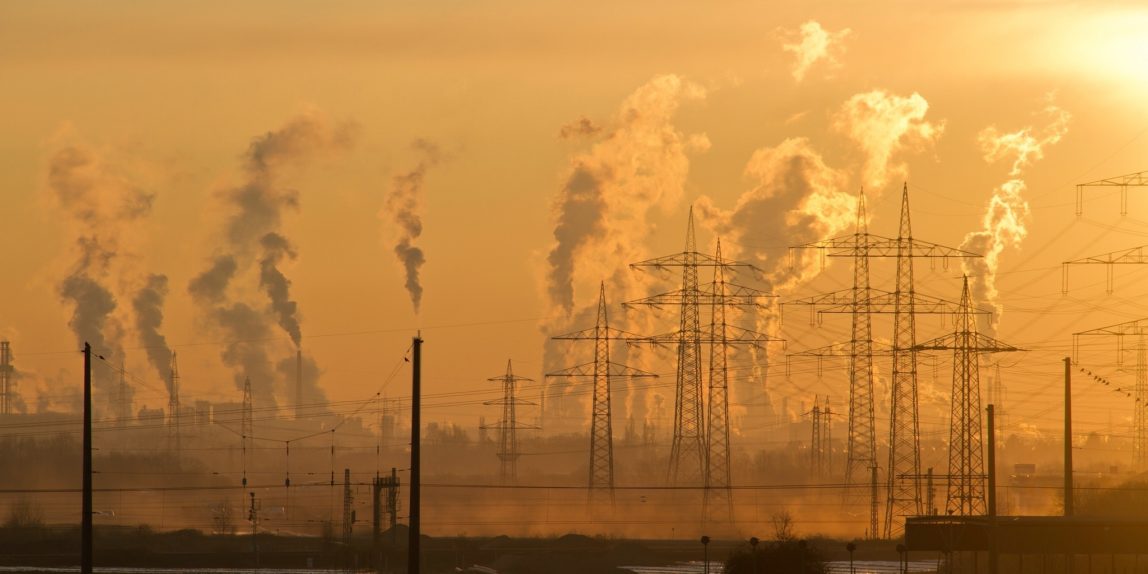An Ethical Practice
My practice, to a large extend, is about the development of my own ideas and the creation of my own stories. Therefore, my main responsibility is to be truthful in what I say through my pictures.
Truth
Donald Trump’s constant cries of “fake news” have proved unsettling in many ways. It’s well established that a lie repeated often enough, starts to gain credence, no matter how outrageous it is. The old agreement of a president who acts like a statesman and a media that tells the truth is called into question. Is there any truth in Trump’s accusations? How much truth is there in CNN’s reporting of him. A critical approach to public discourse is to be encouraged, but many people, not just Trump supporters, find themselves questioning their old assumptions, and perhaps adopting new ones, in a way they never anticipated.
Why are the rantings of an American president relevant to my practice? Because truth is not what it used to be. In an age of cynicism, truth has to work harder to be accepted.
My research project is about Climate Change. Most countries in the world are signed up to the Paris Accord. Yet many politicians find it convenient to adopt contrarian positions to avoid alienating conservative supporters. And conservative in this context is a very broad church. Billionaire fossil fuel magnates like the Koch brothers spend millions undermining climate science, so that they can carry on making billions from oil and gas. On the other hand, union leaders are frequently “jobs first” and resist changes which they perceive may threaten the livelihood of their members.
Climate change is settled science. It’s not fringe, it’s not niche. The climate change models are regularly updated, but they all point the same way. The Earth’s climate will warm. This will have a broad range of effects and many of them will be very difficult for humans to deal with. I want to make work that contributes to a cultural climate that is supportive of action to combat climate change. I’m not a scientist, but I can be science’s messenger.
If I am advocating attitudinal change based on science, I have a responsibility to ensure that I have understood the science correctly and that I represent it correctly. I should not be distorting that message because that is in anyway convenient. If I gain any prominence, I will be attacked by people that don’t want to hear my message or actively disagree with it. In these circumstances, the correct or ethical response is to stick with my principles and not to bow to external pressure.
